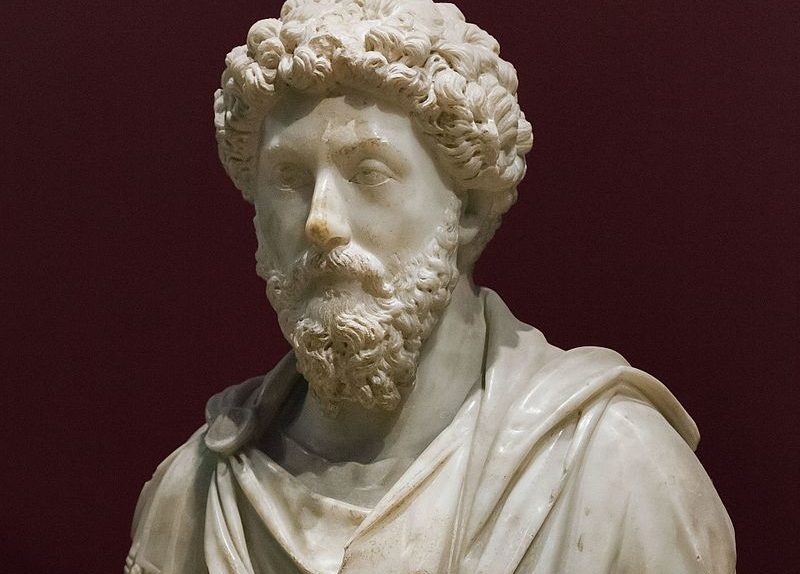Marcus Aurelius’s Meditations is divided into 12 books.
Book One is entirely devoted to gratitude.
Marcus lists people who have played important roles in his life, and he expresses gratitude for what they’ve taught him.
He notes beautiful qualities, which he strives to emulate:
“From Maximus, I learned self-government, and not to be led aside by anything.”
“From Alexander the Platonic, to not frequently or unnecessarily claim that I have no time.”
“From my brother Severus . . . a disposition to do good and give to others readily, and to cherish good hopes, and to believe that I am loved by my friends.”
I like to imagine him watching the people around him; while he doesn’t dismiss their shortcomings (he’s the emperor of Rome, he can’t afford to dismiss people’s shortcomings) he spends more time smiling to himself about their charms and good qualities.
Why did Marcus bother with this? Why not just whine in his personal diary about how annoyed he was with the people around him? (I’m sure he was plenty annoyed.)
Because he understand that his thoughts and emotions affected the way he was able to show up in the world. He wanted to show up as his best self. So he strove to shape his thoughts and emotions in a way that would create him as strong and capable.
Gratitude is a creative act.
More fundamentally, it’s an act of attention. What you give your attention to collects into your life and shapes you. This is as true of what you eat, as how you exercise (or neglect to), as what you put into your mind, and even true of the people you surround yourself with.
(You’ve heard that you become like the people you spend the most time around.)
But the creative aspect is only one benefit of gratitude.
It’s also just healthier than being pissy all the time.
Gratitude fills you with those happy making, stress-relieving hormones.
Sure, other people can be huge dicks. And often are. But spending time thinking about that is only going to affect your own wellbeing . . . and isn’t going to win you any friends.
Besides, even unlikeable people can teach you something, if only how not to be.
